S&P 500: 1.96% DOW: 1.08% NASDAQ: 2.84% 10-YR: 1.29%

Last Week on WallStreet - July 24
What Happened
Following a skid earlier in the week due to louder concerns on the delta variant, all major indexes put together weekly gains. The outlook on the economy is not as strong as it was a few months ago, but rapid earnings growth and investor confidence have helped push markets to all-time highs. Though only 24% of companies have reported, earnings season is going very well as 88% of companies reported earnings better than expected. Beneath the surface, Communications (+3.2%), Consumer Discretionary (+2.9%), and Technology (+2.8%) outperformed while Utilities (-0.9%) and Energy (-0.3%) were the only sectors that finished in the red.
- Delta variant
- US economy cools off
- Existing home sales rebounded
- Infrastructure test vote fails
- Interesting articles from the Waterloo Watercooler

Ciara Linnane - MarketWatch
The Delta Variant is in 124 Countries and Will Likely Be Dominant Strain Globally Soon
The delta variant of the coronavirus is now present in 124 countries and will become the dominant strain globally in the coming months as it is out-competing other variants, the World Health Organization said. The increases in transmission appear to be driven by the fact the new variant is more contagious, “and the large number of people who remain susceptible to infection as a result of inequitable vaccine distribution around the world,” said the WHO. The delta variant is responsible for 83% of all COVID cases sequenced in the US and the vast majority of these are coming from unvaccinated individuals.
The key takeaway is that despite the delta variant not being as big of a threat to vaccinated individuals, there is still a large threat to the unvaccinated domestic and global populations. Domestically, cases are surging in areas where there is a large unvaccinated population, and the same can be seen in other countries with poor vaccination rates. Until more of the global population gets vaccinated, the recovery could slow as the coronavirus continues to rear its ugly head.

Greg Robb - MarketWatch
US Economy Cools After Rocketing Higher in Second Quarter, Flash Data Shows
Flash data from IHS Markit showed that the economic composite index for the US fell to a 4 month low of 59.7 in July, down from 63.7 the month before. The manufacturing gauge rose a point to 63.1 while the service gauge fell to a 5-month low of 59.8 from 64.6 in June.
The key takeaway is these preliminary estimates are showing although the US economy is growing, we may have hit peak growth in Q2 after a stellar performance during the first half of the year. Third-quarter growth will likely still be strong, but inflation and capacity constraints are still headwinds among businesses.

Greg Robb - MarketWatch
US Existing Home Sales Rebound in June after Four Months of Declines
Existing-home sales rose 1.4% to a seasonally adjusted annual rate of 5.86 million in June. After posting 4 consecutive months of negative growth in home sales, it is encouraging to see positive growth despite slightly missing the estimate of 5.93 million. Supply seems to be balancing out too as inventories are gradually increasing which in turn is boosting prices. The 2.6 month supply is up from 2.5 in the prior month. A 6 month supply is considered normal. The median sales price of an existing home rose 23.4% year-over-year to a record $363,300.
The key takeaway is many are divided on the outlook for the housing market. Some see the sector remaining solid but still cooling down from last year, while others see a much more drastic decline. Also, although we are seeing a gradual move up in supply, the overall tightness in the market will likely cause affordability to remain a constraint in the near term.

Robert Schroeder - MarketWatch
Senate Infrastructure Test Vote Fails as Republicans Block Debate
A procedural vote on a $1 trillion infrastructure plan failed this week in the Senate, as Republicans sought more time to negotiate on the public-works spending proposal. Senate Majority Leader Chuck Schumer, a New York Democrat, set the test vote in hopes of beginning debate on the legislation, which is still being written. But Republicans, whose votes were needed to advance the measure, said they’d oppose moving forward without more details on its contents and how it would be paid for. After the vote, the group of 22 senators working on a deal said this, “We have made significant progress and are close to a final agreement."
The key takeaway is that although parties are saying the talks are getting closer, it seems there is more issues than being advertised. Payment seems to be an issue as well as what the funds will go towards. Not getting this bill passed would be a huge blow to Schumer and Biden as they are trying to show that they are able to work with Republicans. They still have the ability to push the bill through Biden's proposed budget package if it fails, however that would not be a good look to voters who want to see more bipartisan action.

From The Waterloo Watercooler
Jeff Bezos is the second billionaire this month to reach the edge of space.
OPEC reached a deal Sunday to phase out 5.8 million barrels per day of oil production cuts by September 2022 as prices of the commodity hit their highest levels in more than two years.
Things you can buy with crypto? Artwork. Music. Trading cards. And now, NFT enthusiasts can add digital collectible racehorses to their list.
A four-year-old startup says it has built an inexpensive battery that can discharge power for days using one of the most common elements on Earth: iron.
China unveiled a maglev train capable of a top speed of 372mph.
Fruit producer Dole targets a $2.1 billion valuation in IPO.
